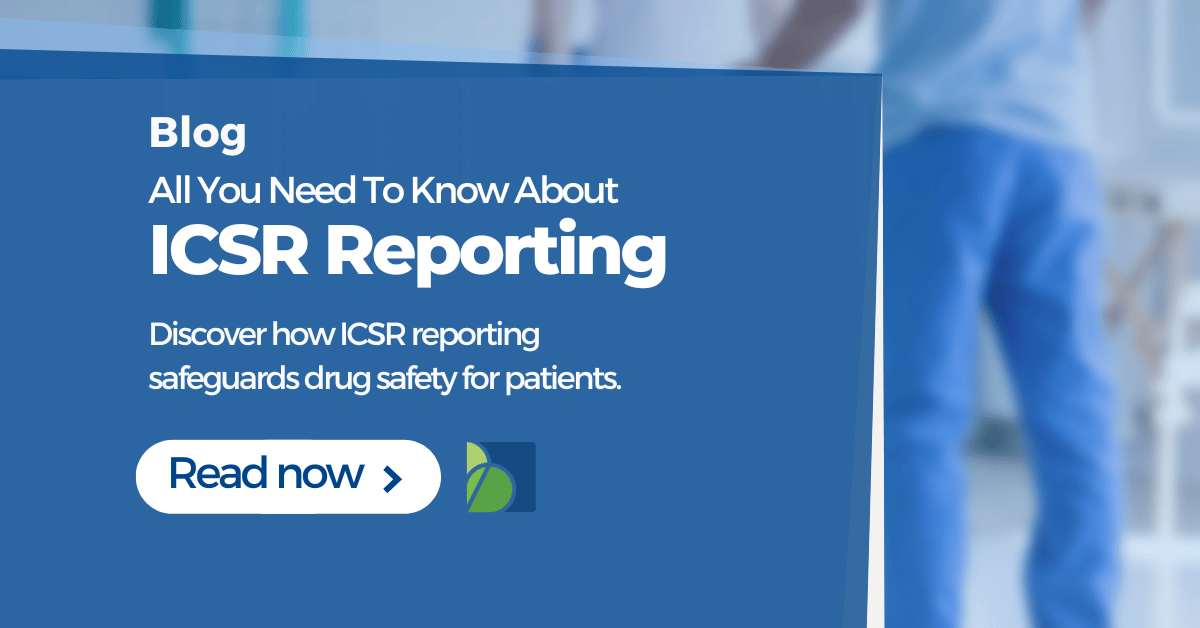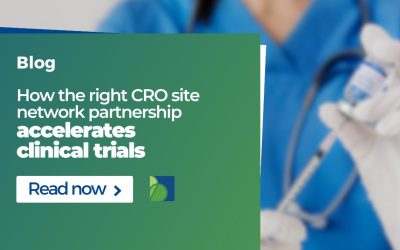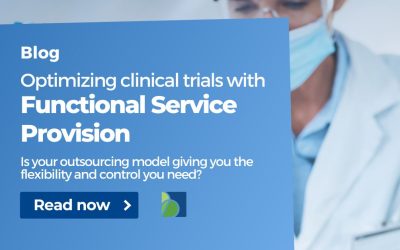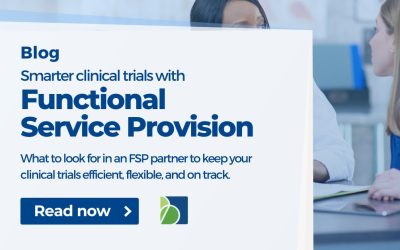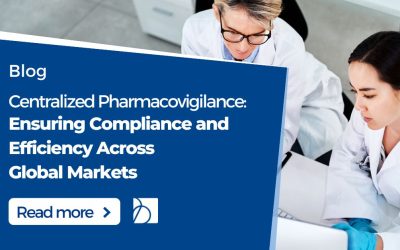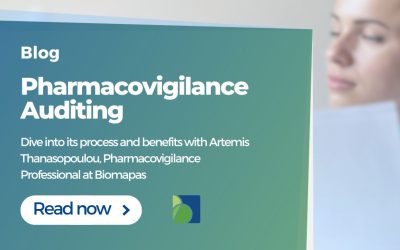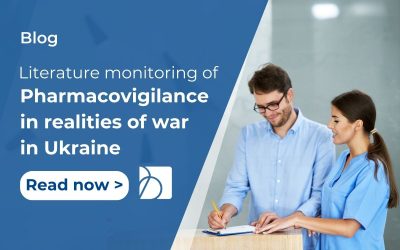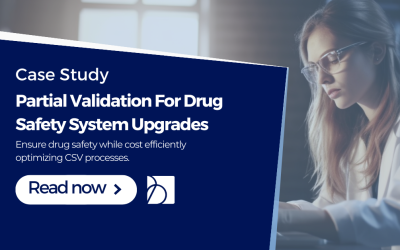Individual Case Safety Reports or ICSR in Pharmacovigilance are essential tools, ensuring pharmaceutical products’ ongoing safety and efficacy, as well as continuous safety of patients. If you’ve ever wondered how adverse drug reactions are detected, monitored, and addressed, ICSR reporting plays a significant role in this process. In this article, we’ll delve into the world of ICSR reporting, discussing its importance, the parties involved, the reporting process, standards, challenges, and the future of ICSR reporting.
What is ICSR Reporting?
Individual Case Safety Reports (ICSRs) are detailed records of adverse events or drug reactions experienced by patients while using a particular medication.. ICSR reporting is collecting, evaluating, and sharing these reports with regulatory authorities and marketing authorization holders to ensure patient safety and improve the drug’s overall safety profile.
Importance of ICSR in Pharmacovigilance
ICSR reporting is crucial for several reasons:
- Detecting new or rare adverse drug reactions.
- Identifying risk factors and potential drug interactions.
- Facilitating timely communication of safety information to healthcare professionals and patients.
- Supporting regulatory decisions, such as product labelling changes, restrictions, or withdrawals.
Who is Involved in case study reporting?
Pharmaceutical Companies
Pharmaceutical companies collect, assess, and report ICSRs to regulatory authorities. They regularly analyze the collected ICSRs as a part of the safety signal monitoring process. These companies also play a role in training and educating healthcare professionals and patients about reporting adverse events.
Regulatory Authorities
Regulatory authorities, such as the FDA in the United States and the EMA in Europe, receive and analyze ICSRs to identify potential safety concerns. They can also issue safety alerts or take regulatory actions to protect public health.
Healthcare Professionals
Doctors, nurses, and pharmacists are crucial in detecting and reporting adverse drug reactions to pharmaceutical companies or regulatory authorities. Their knowledge and expertise are invaluable for accurate and timely ICSR reporting.
Patients
Patients can also report adverse events directly to pharmaceutical companies or regulatory authorities. Patient reports provide valuable insight into the real-world experiences of people using medications.
ICSR Process
Data Collection
Data collection involves gathering information on adverse events from various sources, such as clinical trials, post-marketing surveillance, spontaneous reports from healthcare professionals and patients, and literature reviews.
Data Assessment
Once the data is collected, it must be assessed for quality, completeness, and relevance by the Marketing Authorizations holders. This assessment involves verifying the accuracy of the information, identifying any missing data, and determining the relationship between the adverse event and the medication. The assessment process may also involve evaluating other factors, such as patient history, concomitant medications, and possible drug interactions.
Reporting to Regulatory Bodies
After assessing the data, pharmaceutical companies (Marketing Authorisation Holders) are responsible for submitting ICSRs to relevant regulatory authorities within specific timeframes. For example, depending on the type of the report, the seriousness of the adverse event and the country’s regulations, these reports may be required to be submitted within a few days of the company becoming aware of the event, or not at all.
ICSR Pharmacovigilance Standards
CIOMS Guidelines
The Council for International Organizations of Medical Sciences (CIOMS) is an international organization that provides recommendations on the content of the ICSR and related forms. CIOMS guidelines recommend the minimum data elements to be included in an ICSR, such as patient demographics, adverse event details, drug information, and reporter information.
E2B Standard
The International Council for Harmonisation of Technical Requirements for Pharmaceuticals for Human Use (ICH) developed the E2B standard, an electronic data interchange format for ICSR reporting. The E2B standard facilitates the efficient and accurate exchange of ICSR data between different parties, such as pharmaceutical companies and regulatory authorities.
Challenges
Individual Case Study Reporting faces several challenges, including:
Incomplete or inaccurate data
Inadequate information can lead to difficulty assessing the relationship between the adverse event and the medication. Pharmaceutical companies and regulatory authorities do their best to ensure the completeness and accuracy of data:
- By implementing standardized data collection forms and processes to capture all relevant information.
- Training healthcare professionals and patients to provide accurate data when reporting adverse events.
- Utilizing electronic health records and other digital platforms facilitates accurate data collection and minimizes human errors.
Underreporting
Many adverse events go unreported due to a lack of awareness or perceived insignificance. This is sought to be improved by:
- Raising awareness among healthcare professionals and patients about the importance of reporting adverse events and the impact it has on patient safety.
- Developing user-friendly reporting systems, such as mobile apps or web-based platforms, to encourage reporting.
- Collaborating with healthcare institutions to establish a reporting culture and implement mandatory reporting policies where appropriate.
Timeliness
Ensuring timely reporting of adverse events is crucial for promptly identifying and mitigating safety concerns. The following concepts are supporting this goal:
- Establish clear guidelines for reporting timelines based on the seriousness of the adverse event and ensure that all parties involved are aware of these guidelines.
- Implement automated systems and real-time reporting tools to expedite the reporting process.
- Encourage open communication channels among pharmaceutical companies, healthcare professionals, and regulatory authorities to facilitate prompt information sharing.
Data privacy and security
Protecting patient confidentiality and sensitive information while sharing ICSRs among different parties is vital and the following actions must be taken by all companies handling patient data:
- Follow established data protection regulations, such as the General Data Protection Regulation (GDPR) in the European Union, to ensure the privacy and security of personal data.
- Implement robust data encryption and access controls to protect sensitive information during storage and transmission.
- Provide regular training to employees on data privacy and security best practices, and develop clear organizational policies on handling sensitive information.
Overall, it’s pivotal to foster strong relationships and open communication between pharmaceutical companies, regulatory authorities, healthcare professionals, and patients to ensure a comprehensive approach to ICSR reporting.
Hence, we urge sharing best practices and lessons learned among stakeholders to improve the ICSR reporting process continually.
Finally, we encourage our colleagues to participate in national and international pharmacovigilance networks to stay up-to-date with the latest developments, guidelines, and regulations in ICSR reporting.
Future of ICSR
The future of ICSR is likely to be shaped by advancements in technology, data analytics, and artificial intelligence. These developments can help improve the accuracy and efficiency of ICSR reporting, facilitate better collaboration between stakeholders, and enable more proactive approaches to pharmacovigilance.
ICSRs are a critical component of pharmacovigilance, ensuring the ongoing safety and efficacy of medications. By understanding the importance of ICSR reporting, the parties involved, the reporting process, and the associated challenges, we can better appreciate its role in safeguarding public health.




